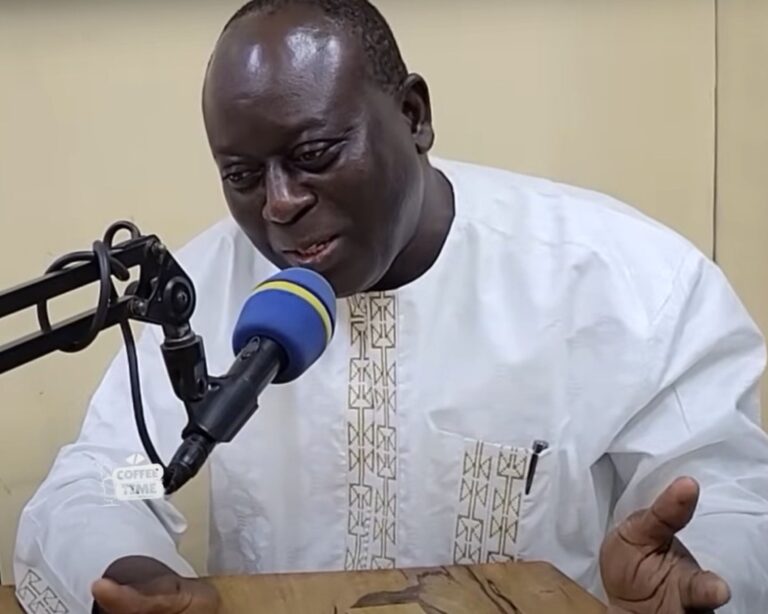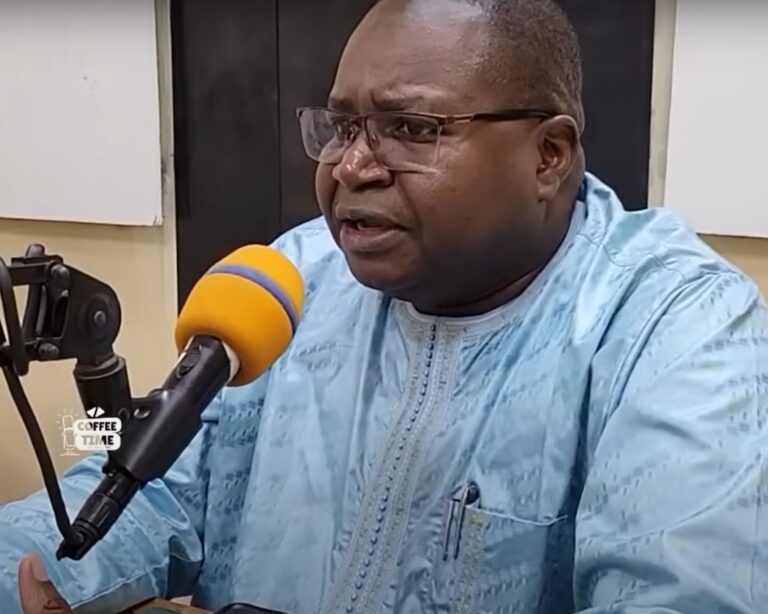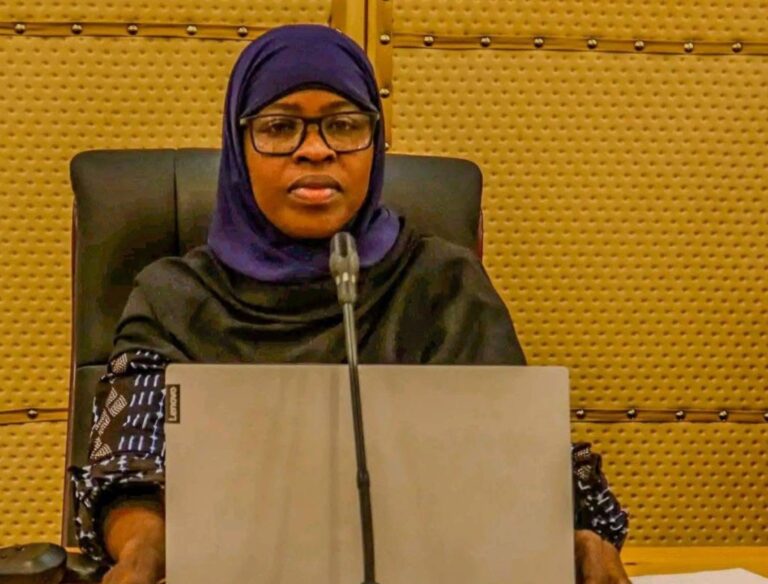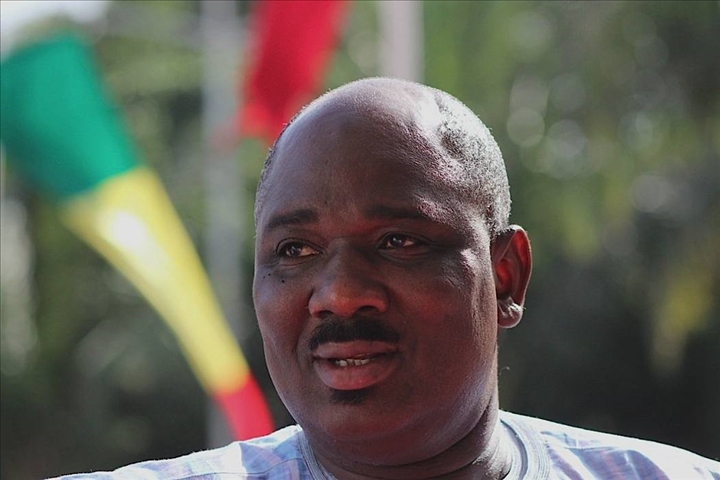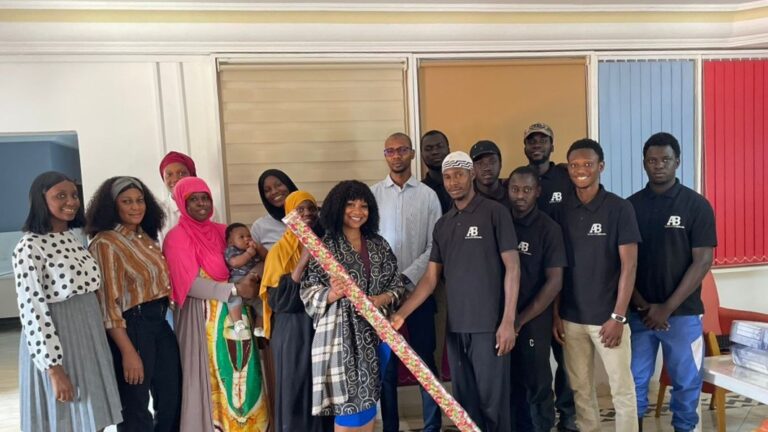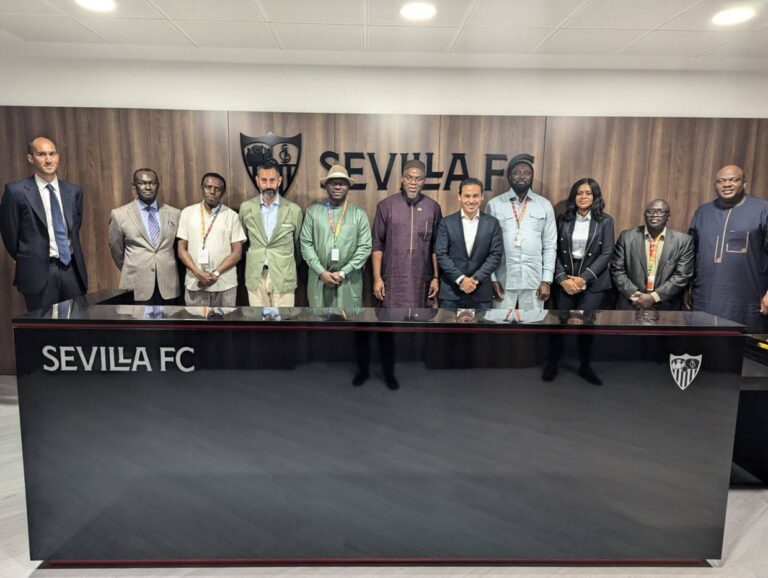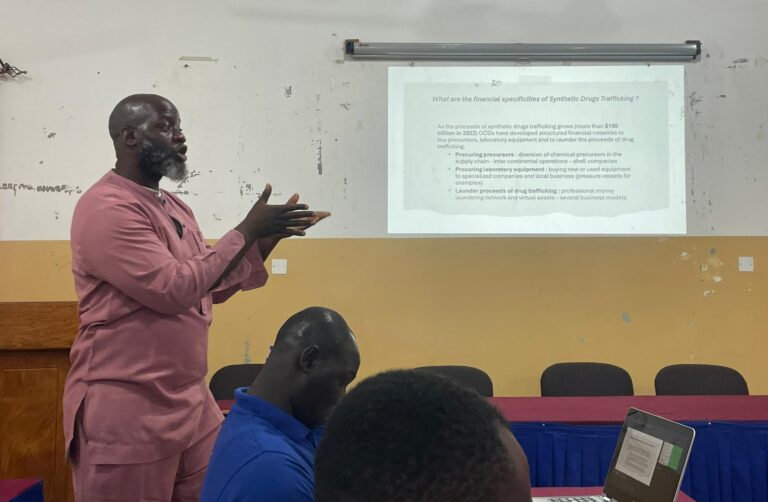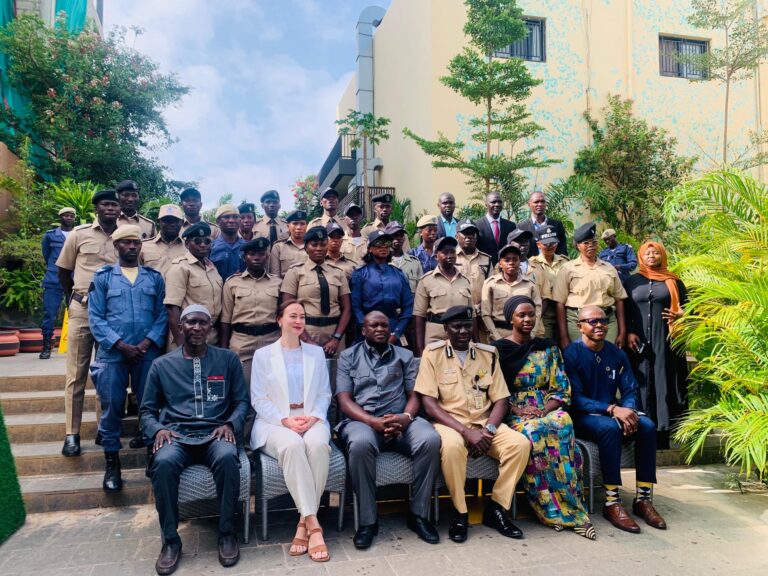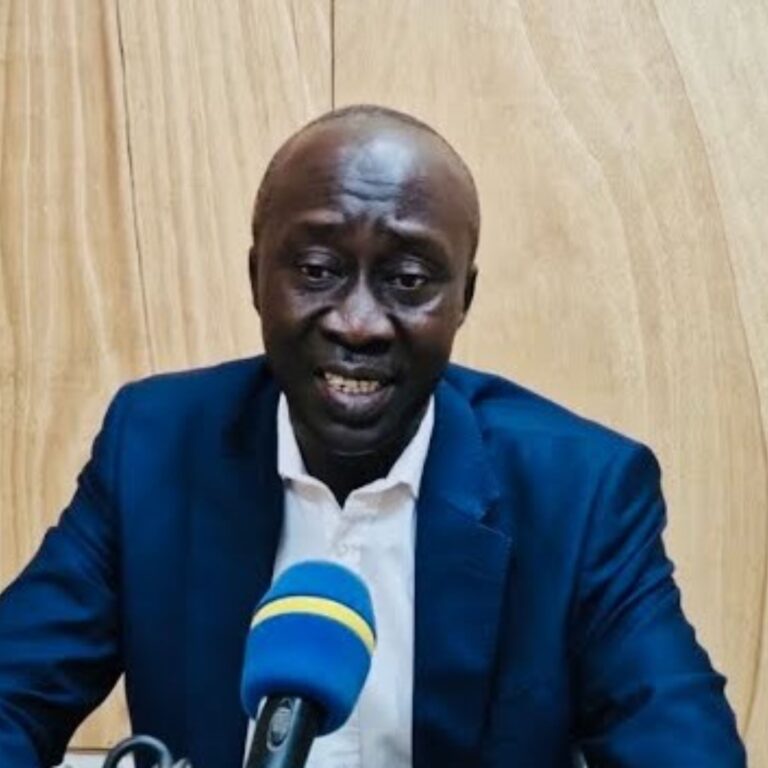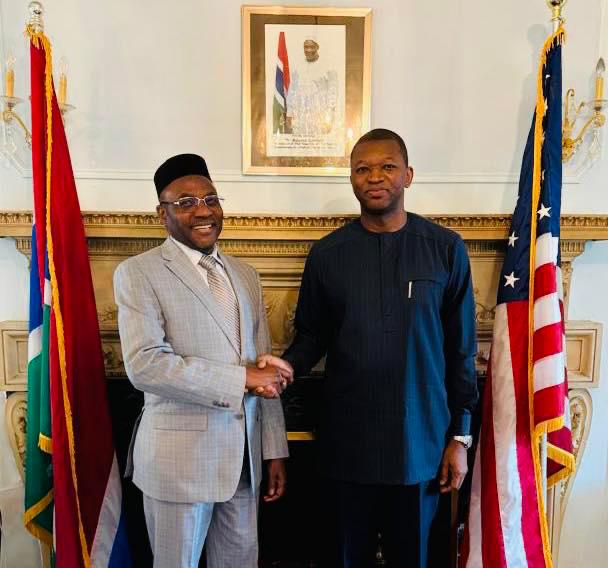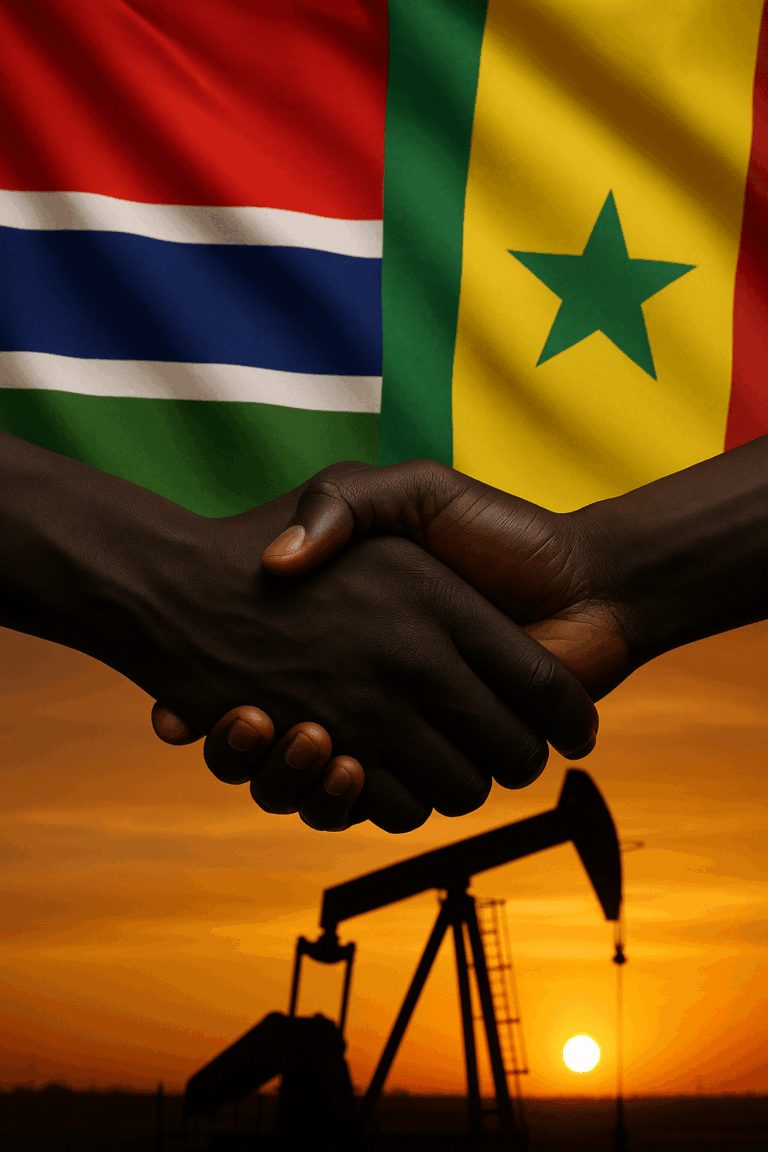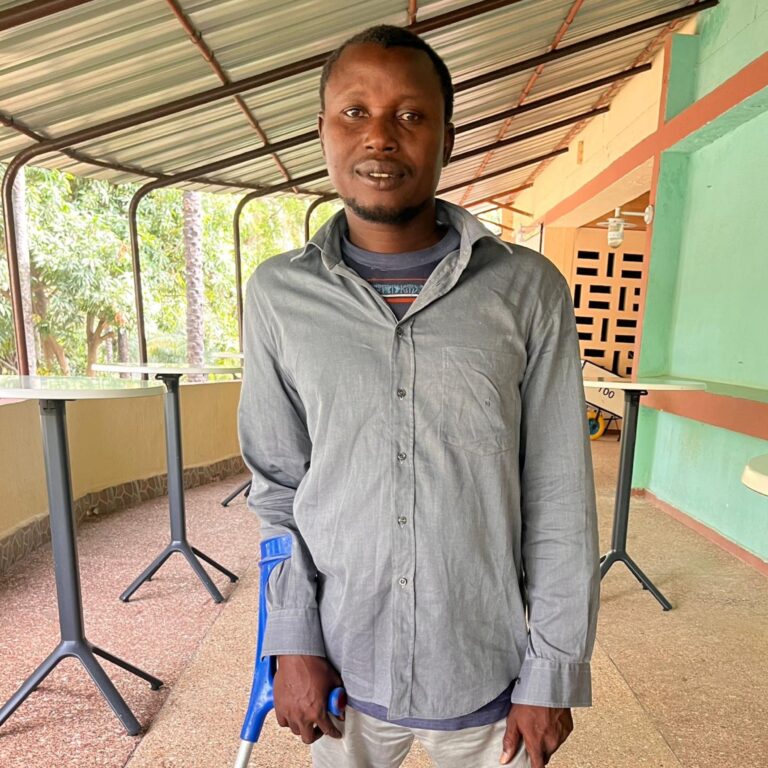By Binta Jarju
Years after the fall of former President Yahya Jammeh, the full extent and fate of the vast real estate empire he amassed during his 22-year rule remain concealed from the Gambian public.
The Janneh Commission found that Jammeh allegedly stole over $360 million (approximately GMD 18 billion) from state coffers. This staggering wealth funded a life of opulence ranging from luxury vehicles and private aircraft to palatial estates across The Gambia and abroad.
Hundreds of properties, including urban plots, agricultural estates, and protected reserves, are linked to Jammeh. Some of these landed properties have been disposed of. However, there has been no full public disclosure of how these assets were disposed of, who acquired them, or what sums were realized.
The secrecy surrounding the sale and transfer of Jammeh’s assets has reignited public frustration, especially in light of recent investigation revelations that point to a more extensive and complex empire than initially believed.
An Empire of Properties Across The Gambia
The Janneh Commission identified 281 properties attributed to Jammeh, stretching across all regions of The Gambia. These include 17 properties in the West Coast Region, 43 properties in Kanifing Municipality,10 islands, 8 forest parks, 10 hills, 26 wetlands and wildlife reserves.
The properties ranged from high-end commercial buildings in urban centres like Banjul to vast agricultural estates and protected lands in rural communities. Many were acquired through coercion, executive orders, or under the guise of public interest.
In 2019, the government adopted the Janneh Commission’s recommendations to dispose of these assets via public auction. The stated goal was to recover misappropriated funds and restore public trust.
However, six years on, there has been no comprehensive public report on how many properties were sold, to whom, or under what conditions. The Ministry of Justice has submitted only a partial list of 45 properties to the National Assembly.
Among the known buyers, Jah Oil Company acquired several prime properties, including a Kairaba Avenue location for GMD 41 million ($574,000). Balaton Company Ltd/Corendon Hotels purchased the Royal Atlantic Hotel, previously linked to Kanilai Family Farms, for over GMD 110 million ($1.5M), while the Central Bank of The Gambia bought the Futurelec Building for GMD 100 million ($1.3M).
Despite these high-profile transactions, there is no official breakdown of total revenue or how proceeds were allocated.
Audit Gaps and Missing Documents
Although the Ministry of Justice claims all sales were audited by the National Audit Office (NAO), no audit report dedicated to Jammeh’s seized assets has been made public as of May 2025.
A 2020 NAO audit of general government accounts raised serious concerns, noting that over GMD 706 million ($14 million) in proceeds lacked basic supporting documents such as bidding records, advertisements, valuation reports, or proof of due process. These gaps remain unresolved, sparking public suspicion of mismanagement or cover-ups.
Civil Society Calls for Accountability
Organisations like Gambia Participates have been vocal in demanding full transparency in the asset disposal process. They argue that concealing buyer identities and financial records undermines the Commission’s work and erodes public trust in the government’s anti-corruption efforts.
The group also points to international norms, including Principle 5 of the Global Forum on Asset Recovery (GFAR), which states that recovered assets must be used to benefit victims of corruption. So far, no comprehensive compensation mechanism has been established for affected individuals or communities.
The fate of Jammeh’s seized lands is a critical test of The Gambia’s democratic transition and commitment to justice. While some efforts have been made to recover and reallocate assets, the lack of transparency, documentation, and community inclusion remains deeply troubling.
Until the government provides a full public account of all seized properties, buyers, sale conditions, and fund utilisation, the wound of Jammeh’s legacy remains open.
“These assets and what happens to them impact the future of young people economically, socially, and politically. If they’re not involved, more looting will happen, more opportunities will be lost. That’s why I was pleased to see groups like GALA take a stand. That kind of civic engagement must continue,” said Madi Jobarteh, a renowned civil society advocate.
Lamin Bojang, who works in land investment and management, shared his observations on how the redistribution unfolded. According to him, the process strayed far from the transparency that Gambians were promised.
“The buyers included government officials, party militants, politicians, business elites even people connected to the commission,” Bojang said. “This wasn’t a fair process. It became a rat race, an opportunity for a few to enrich themselves while shifting the blame solely on Jammeh.”
Bojang explained that while the Janneh Commission and the courts set the legal framework for the disposals, critical institutions like the Department of Physical Planning were bypassed in property valuations and approvals. Instead, he said, the same agency responsible for sales handled most of the process, raising red flags.
“The public was not consulted at all. That led to mistrust and suspicion. And when you look at who ended up with the lands, you understand why those doubts still linger.”
He warned that shutting the public out of such important processes breeds resentment, especially in communities directly affected by Jammeh’s land acquisitions and those expecting restitution.
From Hope to Disappointment
The seizure of Jammeh’s land brought hopes to communities whose land was seized; however, the disposal of the lands only brings disappointment to some.
In Kanilai, Jammeh’s home village, vast farmlands were among the seized properties. While residents hoped these would be converted into public schools or health centres, many now lie abandoned.
“We were told the land would serve the community,” said a youth activist from Foni who preferred to remain anonymous. “But nothing has changed except that we now fear new owners we don’t even know.”
Communities in the West Coast region voiced similar frustrations, claiming they were left out of decisions regarding land use, despite promises of inclusivity.
In Demban, a quiet farming village nestled in Foni, the past continues to cast a long shadow over the land. Musa Camara stands on a plot his family has farmed for generations, land that was once temporarily handed over to Yahya Jammeh for agricultural use but now finds itself caught in the aftermath of asset recovery.
“They told him he could farm on it, that’s how Jammeh got the land,” Ebrima explains. “It was our grandparents’ land. He didn’t buy it. He was simply allowed to use it.”
After Jammeh’s fall from power, the Janneh Commission identified the plot as one of over 280 properties tied to the former president and slated for seizure. But no distinction was made between the lands Jammeh owned and the lands he merely used. Camara’s family received no communication, no notice and certainly no documentation that their land was now returned to them.
“We are still farming on the land. It hasn’t been sold,” he says. “But no one from the government has contacted us since Jammeh left. And we’ve never received any document returning the land to our family.”
The family’s continued use of the land rests on fragile ground. Despite decades of cultivation, they live in fear that the government could reclaim it at any time without compensation or recognition of their history on it.
“That could be something I fear in the future,” Ebrima admits. “Because I don’t have any proof from the government that the land is now ours again.”
Ebrima believes the state failed to investigate the circumstances under which Jammeh acquired each property, especially in communities like Demban, where traditional land agreements were often verbal and undocumented.
“If the government had really investigated how Jammeh got each piece of land, they would know ours was never sold to him. He was just using it.”
As a message to his peers, Ebrima urges young people across The Gambia to understand their land rights before it’s too late.
“Let’s talk to our parents. Know where our lands are, document them, draw boundaries because if we don’t, land conflicts will come.”
From One Looting to Another
Many of the critics argued that the disposal of Jammeh’s seized and forfeited assets is from one looting to another.
“What Jammeh stole, the government has re-looted. We are talking about abuse of office, lack of accountability, and a total disregard for the rule of law,” Madi Jobarteh said.
He said that after the Commission submitted its report, the government’s role was to ensure the proper and transparent disposal of those assets. He argued that the process of disposal has not been transparent or accountable.
For him, the Janneh Commission was never meant to dispose of assets, only to identify them and make recommendations.
“They were tasked with tracing the corruption trail and naming the assets involved. If they sold any, even that wasn’t done transparently. But really, the sale and management of those assets was the government’s job, and it failed miserably.”
He argued that there is a need for the recovery of all stolen assets and ensuring that proceeds go to victims and communities who have suffered. Some assets may need to be returned to the rightful owners. Others should be invested in national development.
“That’s where real reconciliation, stability, and development begin.”

